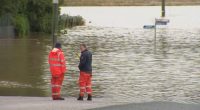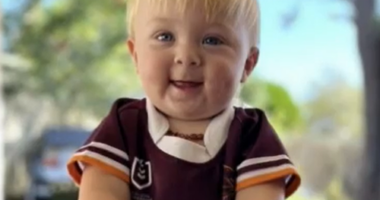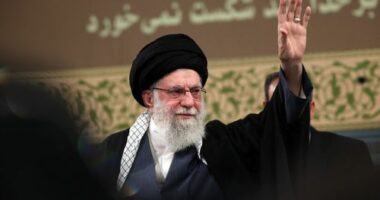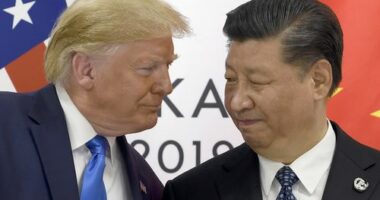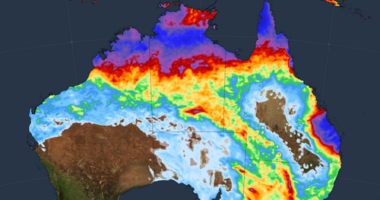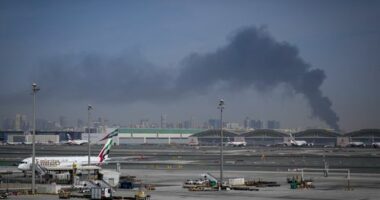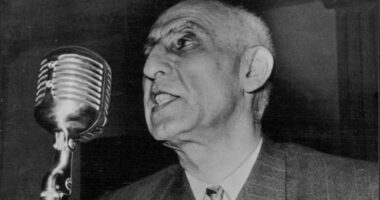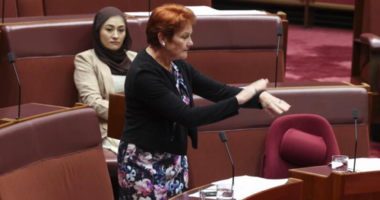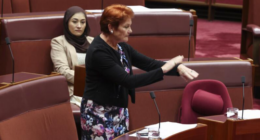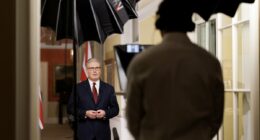Share this @internewscast.com
These negotiations typically concentrate on frontbench roles rather than policy. Individual party rooms discuss and establish positions before Coalition stances are set.
So what led to their split, and how much of it was a “nuclear meltdown”?
When did the Coalition form and why?
When the Liberal Party emerged, the Nationals were already accustomed to partnerships, having formed coalitions with the now-defunct Nationalist Party in the 1920s and the United Australia Party in the 1930s.
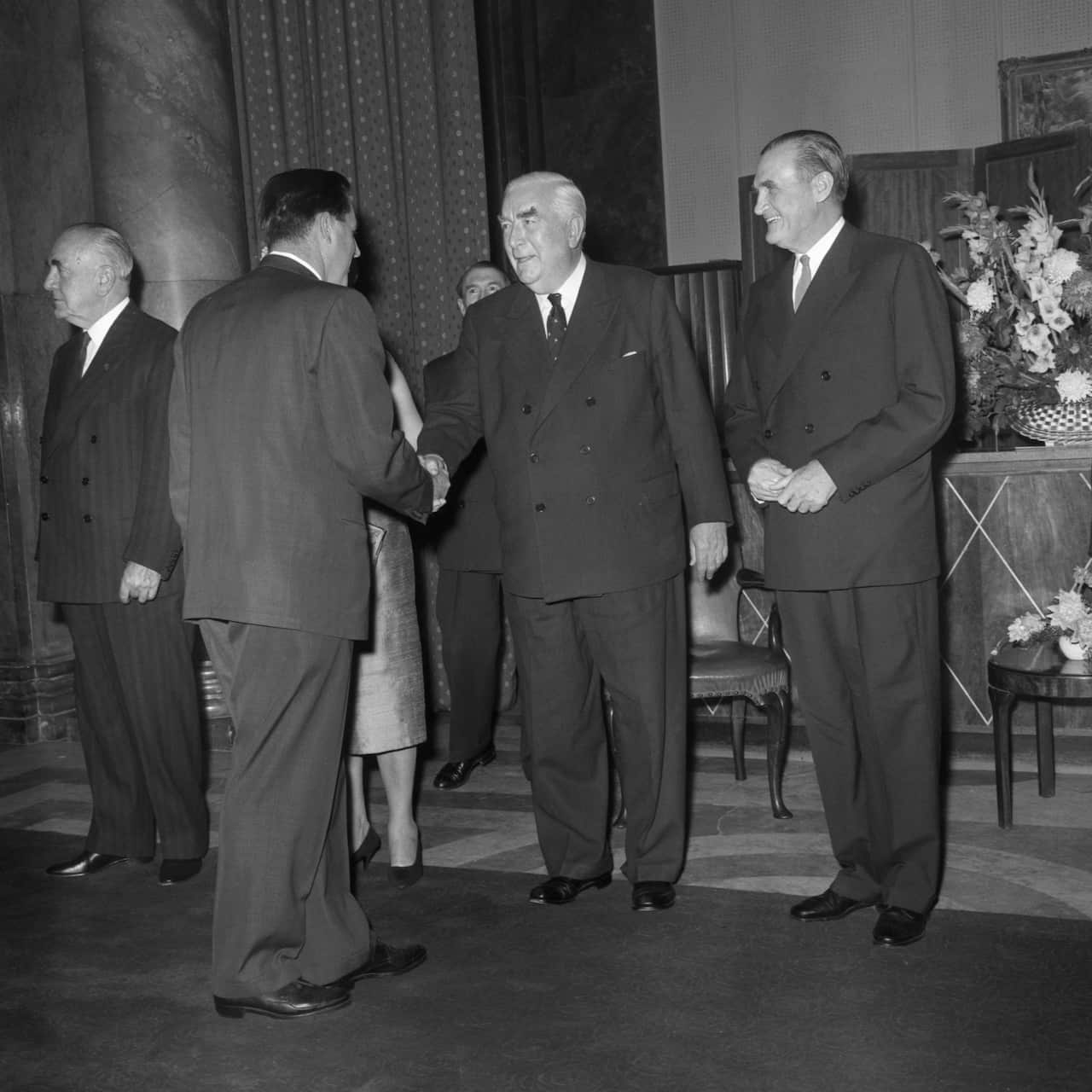
The Coalition first formed government under former prime minister Robert Menzies in 1949. Credit: PA/Alamy
Dr Jill Sheppard is a senior lecturer in politics at the Australian National University.
Sheppard pointed out that historically, there was a belief within the parties that “if the other one didn’t exist, we would be stronger on our own”, though “almost no evidence supports that”.
‘A nuclear meltdown’: Why has the Coalition broken up in 2025?
Several Nationals felt emboldened to make demands following the federal election result, which saw the Liberals lose 12 lower house seats. The Nationals in contrast retained all their lower house seats, losing one in the upper house.
While Littleproud said he would maintain the Nationals’ net-zero commitment from the last election, he did outline four policies that he wanted embedded in a Coalition agreement:
- The adoption of nuclear power in Australia
- The ability to break up the major supermarkets and stop them abusing their power
- A $20 billion regional Future Fund to fix potholes, improve access to things like health care and childcare in remote areas
- Reforming the universal service obligation to ensure all Australians have access to basic telecommunications
In contrast, Ley wanted to allow a full review of policies, including nuclear, after being wiped out from both inner-city seats and suburban seats over the last two elections.
Treasurer Jim Chalmers labelled the breakup of the Coalition a “nuclear meltdown”, going as far as saying that “the Coalition now is nothing more than a smoking ruin”.
